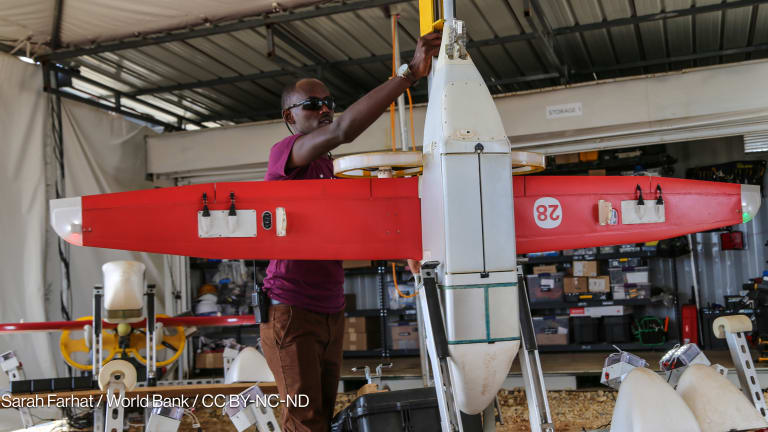BRUSSELS — Nobel laureate Esther Duflo says foreign aid as we know it has dwindled to the point of irrelevance.
Apart from help in emergencies and investments in social innovation, “countries don’t really need it one way or another,” the MIT professor, who won the world’s top economics prize last year for her experimental approach to alleviating global poverty, told Devex Wednesday.
“We should stop building hospitals instead of the health ministry and government, and we should stop having health ministers spending hours in the offices of junior bureaucrats of AFD or DFID or USAID or whatever to negotiate some grant,” she said. “That makes no sense.”
This story is forDevex Promembers
Unlock this story now with a 15-day free trial of Devex Pro.
With a Devex Pro subscription you'll get access to deeper analysis and exclusive insights from our reporters and analysts.
Start my free trialRequest a group subscription







